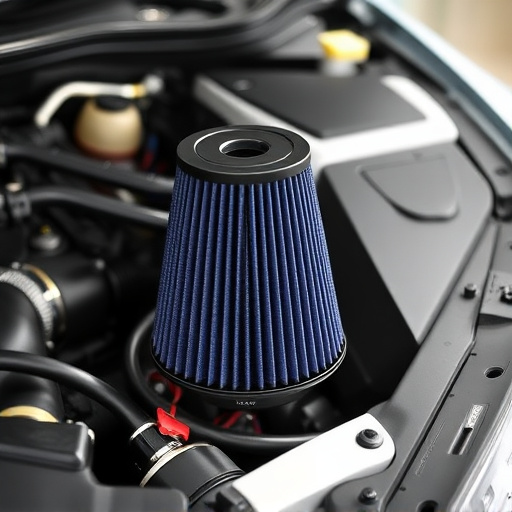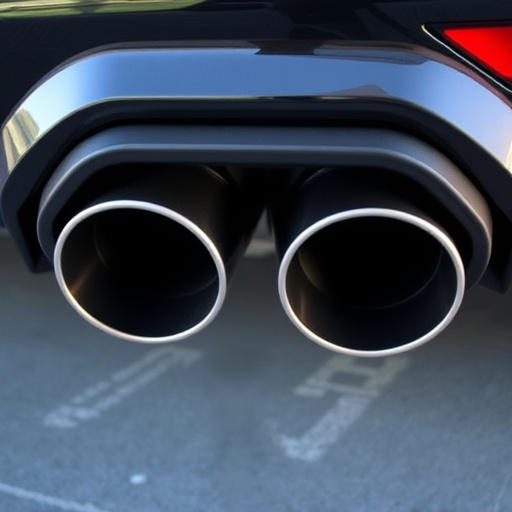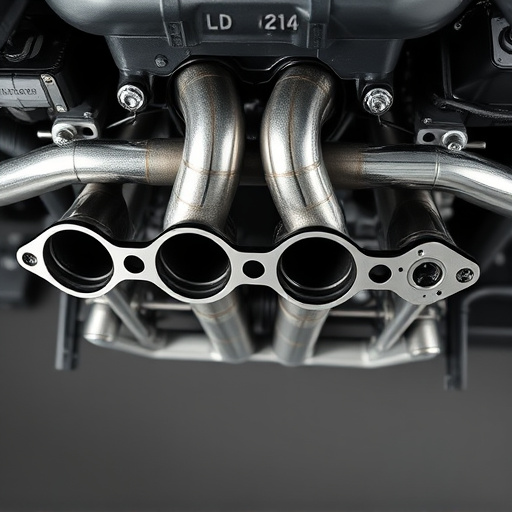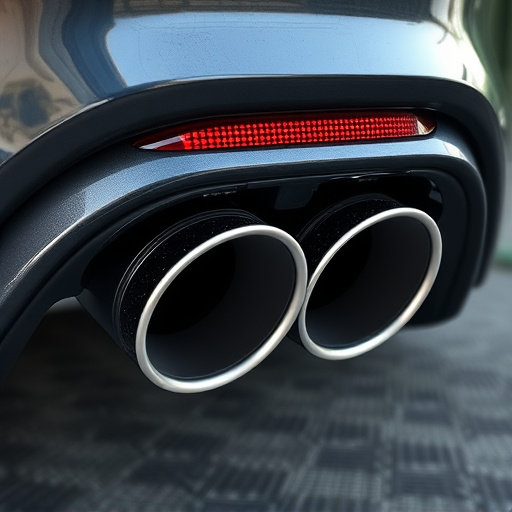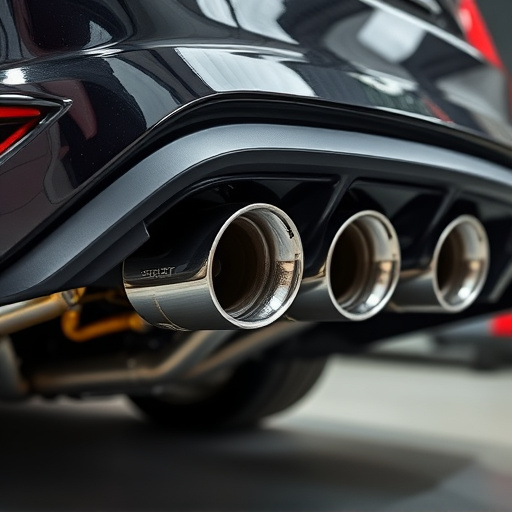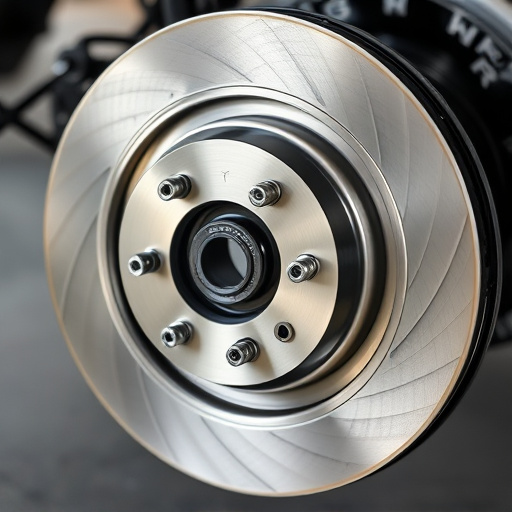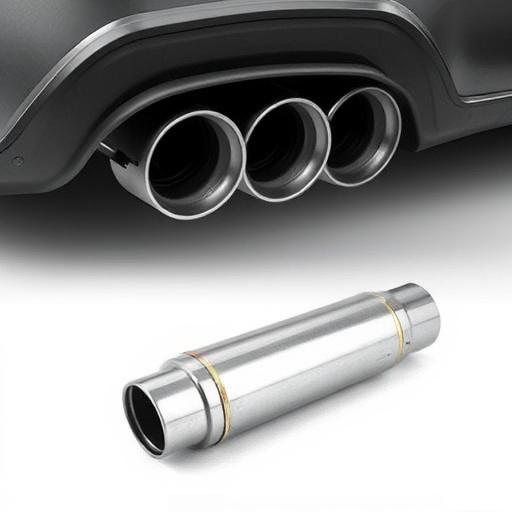Dry air filters are essential for vehicle performance and longevity, optimizing engine efficiency by removing moisture and contaminants from airflow. They protect critical components from rust and corrosion, improving braking performance and overall reliability. By maintaining clean air intake, these filters enhance combustion, resulting in improved acceleration and power output, especially in modified vehicles, while ensuring engine longevity in diverse weather conditions.
Experience swift, crisp acceleration with a dry air filter—a game-changer for modern vehicles. This innovative component optimizes engine performance by allowing air to flow freely, unrestricted by moisture or contaminants. Understanding how dry air filters work and their crucial role in enhancing driveability reveals why they’re essential for both efficiency and power. Discover the science behind this technology and explore its wide-ranging benefits across various vehicle applications.
- Understanding Dry Air Filters and Their Role
- The Science Behind Crisp Acceleration Performance
- Benefits and Applications in Modern Vehicles
Understanding Dry Air Filters and Their Role
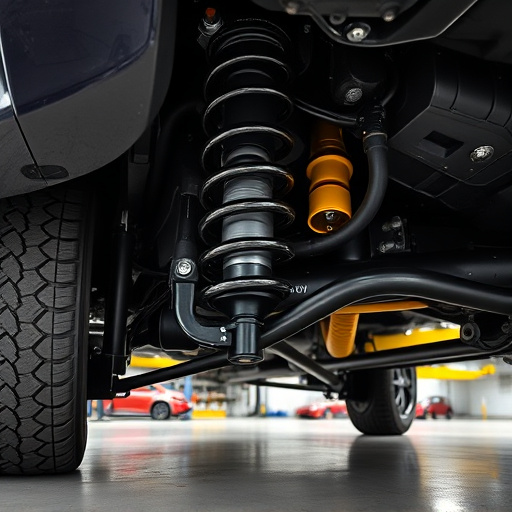
Dry air filters are designed to remove moisture and contaminants from the airflow entering a vehicle’s engine, ensuring that only clean, dry air reaches the combustion chamber. This is crucial as even small amounts of water vapor can significantly reduce engine performance, especially during cold starts or in humid environments. By maintaining optimal air dryness, these filters deliver consistent and powerful acceleration, enhancing overall vehicle performance.
In addition to their role in improving engine efficiency, dry air filters also contribute to the longevity of other components like performance brakes and brake rotors. Moisture can cause rust and corrosion, leading to reduced braking effectiveness over time. By keeping the air supply dry, these filters help maintain optimal conditions for critical systems, ensuring that your vehicle’s exhaust systems and braking components function at their best.
The Science Behind Crisp Acceleration Performance
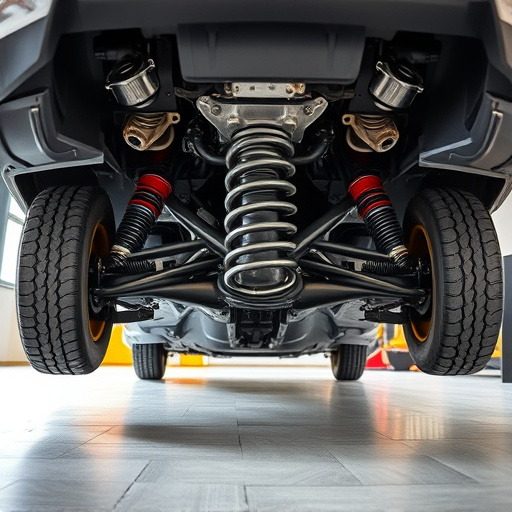
The performance of a vehicle’s engine is directly tied to the quality of air it consumes. A dry air filter plays a pivotal role in this process by ensuring that clean, dry air reaches the engine. This is where the science behind crisp acceleration performance comes into play. When an air filter is dry, it allows for optimal airflow, which means more air enters the engine with each intake stroke. This increased oxygen supply enhances combustion, leading to smoother and faster acceleration.
Moreover, a well-maintained dry air filter protects other critical suspension components and brake components from grime and moisture. By preventing contaminants from entering the engine, it contributes to better overall performance and longevity of associated parts. The result is not just improved crisp acceleration but also enhanced reliability and reduced maintenance costs over time.
Benefits and Applications in Modern Vehicles
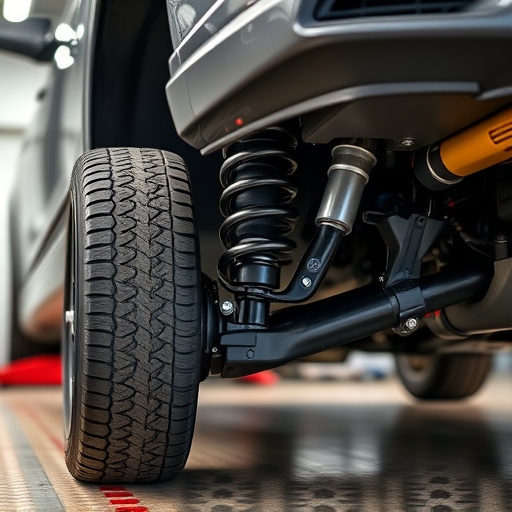
Dry air filters offer a host of benefits for modern vehicles, enhancing overall performance and efficiency. By removing moisture and contaminants from the air entering the engine, these filters ensure that only clean, dry air reaches the combustion chamber. This crucial step prevents premature ignition and deters the formation of deposits, leading to improved fuel burning and increased horsepower.
The application of dry air filters is particularly valuable in high-performance vehicles where every increment of power matters. They complement other modifications like cat-back exhausts and advanced air intake systems by optimizing airflow. Moreover, they can reduce the risk of engine damage caused by moisture build-up, ensuring longevity and reliability, especially in harsh weather conditions.
A dry air filter is not just a simple component; it’s a key enabler for modern vehicles’ improved performance. By enhancing crisp acceleration, these filters contribute significantly to overall engine efficiency and driving experience. With their ability to trap contaminants while allowing unrestricted airflow, dry air filters ensure optimal combustion, leading to better fuel economy and reduced emissions. This technology plays a vital role in the ever-evolving automotive landscape, promising continued benefits for both consumers and the environment.



